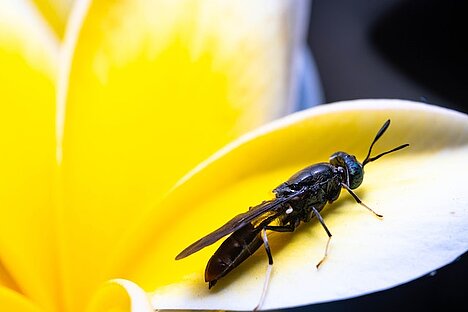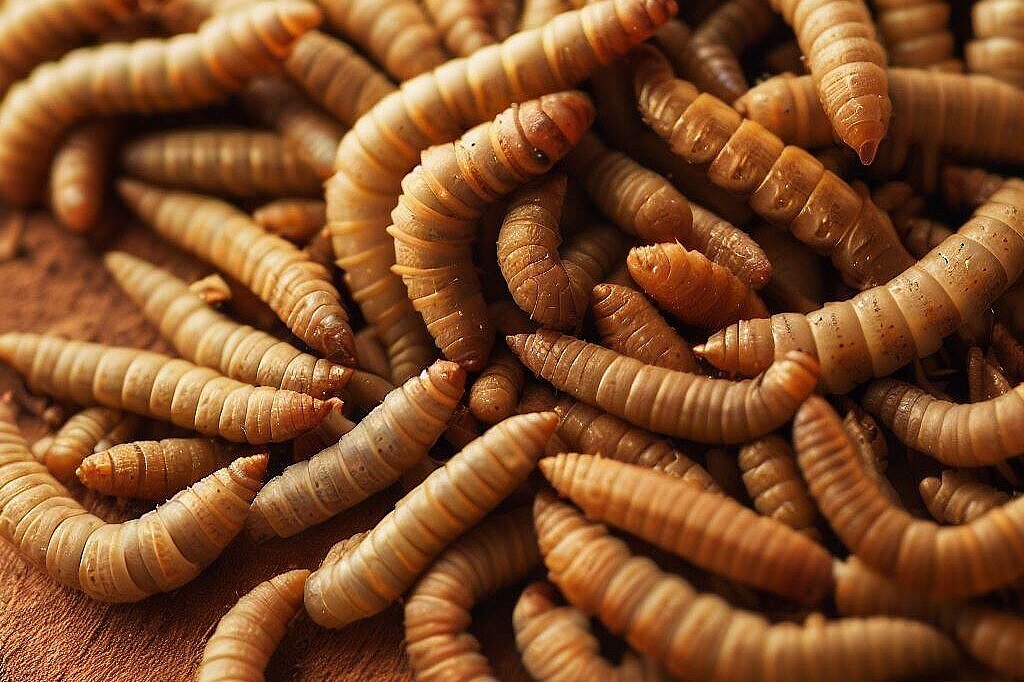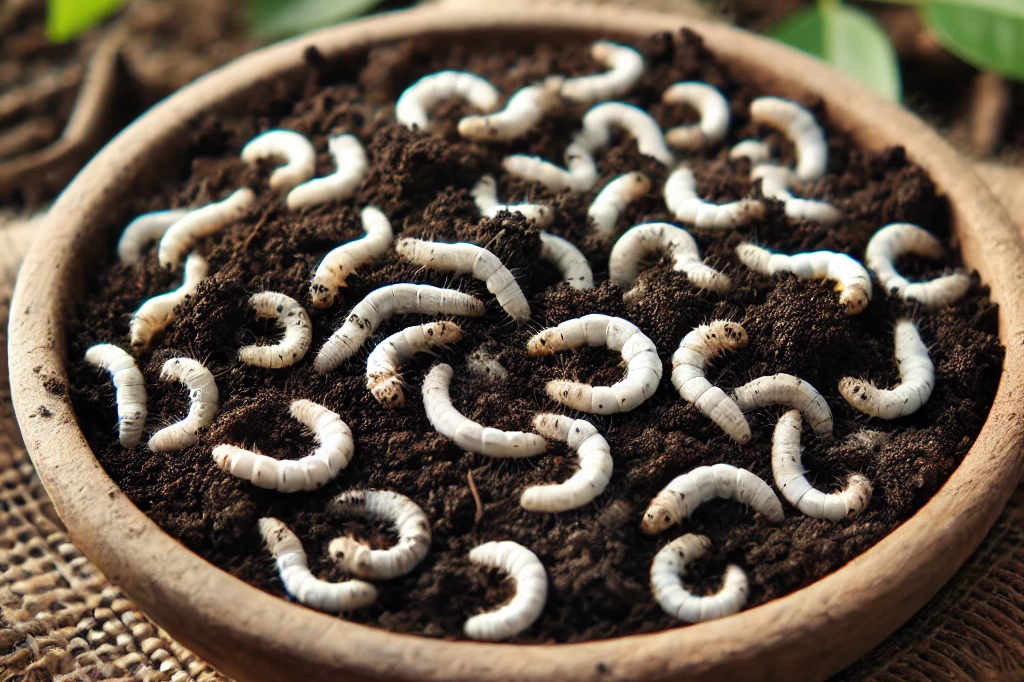Hermetia illucens

What is herring protein?
Herring protein is a high-quality animal protein obtained from the meat of herring. It is often used as an additive in dog food to increase the protein content and ensure a balanced diet. Herring protein has a high biological value, i.e. it contains all the essential amino acids that the dog's body cannot produce itself. It is also easy to digest and is well tolerated by most dogs.
What are the benefits of herring protein for dogs?
Herring protein has many positive effects on the health of dogs. On the one hand, it supports the development and maintenance of muscles, bones, skin and coat. On the other hand, it promotes the function of the heart, brain and immune system thanks to the omega-3 fatty acids it contains. These have an anti-inflammatory effect, lower blood pressure and improve learning and memory performance. Herring protein can also help with allergies or intolerances to other protein sources, as it is hypoallergenic and rarely triggers allergic reactions.
What are the disadvantages of herring protein for dogs?
Herring protein has few disadvantages for dogs if it is fed in moderation. However, too much herring protein can lead to excess protein, which can put a strain on the kidneys. In addition, herring protein can have a high content of heavy metals such as mercury or lead, which can accumulate in the body and be harmful. You should therefore make sure that you only buy high-quality herring protein from sustainable fisheries and alternate it with other sources of protein.
Hermetia illucens is an interesting alternative to conventional proteins for dogs. It is sustainable, hypoallergenic and nutritious. However, it also has some disadvantages, such as a higher price, lack of studies and possible digestive problems.
Properties 4
Are you looking for other ingredients with a specific property?
Just click on them to find more.
If you notice any signs of hypersensitivity or poisoning in your dog, you should see your vet immediately. We are not a substitute for a vet, but we try to be as accurate as possible. Every dog reacts differently and we recommend you get a second opinion or consult your vet if in doubt.
Stay healthy and take good care of your four-legged friend!😊
Similar to Hermetia illucens
Mealworms are the larvae of mealworms. They are mainly used as food for reptiles, birds and fish, but are also increasingly used as an ingredient in dog food and snacks. Mealworms can be fed both...
Crickets (Acheta domesticus) are small insects that are bred in many parts of the world as food for pets such as reptiles, fish and birds. They are known for their characteristic song, which the...
The silkworm moth (Bombyx mori) is a domesticated species of butterfly that is bred primarily for the production of silk. The larvae of the silkworm moth, often referred to as silkworms, feed...
Wax moth larvae are the larval stages of the wax moth, a butterfly known primarily for its preference for beeswax. These larvae feed on beeswax, pollen and honey in beehives, making them a problem...



